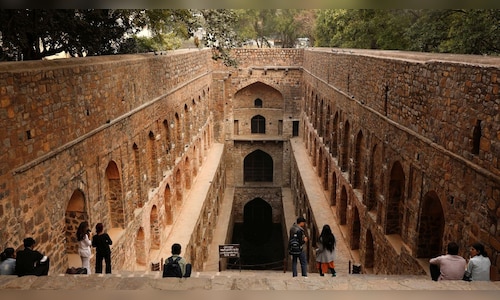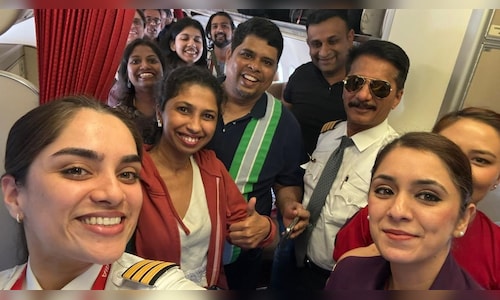“We are committed to transforming Delhi into a global event-management hub,” Mishra stated. “This initiative will empower innovation across diverse fields such as art, culture, cinema, music, fashion design and literature,” he added.
A statement from the tourism department outlined the government’s broader strategy, which includes positioning the capital as a premier destination for live events, entertainment, and destination weddings.
Also read | Loudspeakers, beating of drums banned at temple in Himachal: Find out why
The roundtable focused on several key initiatives: the upcoming launch of the single-window system, new multi-platform sponsorship frameworks, capital subsidy schemes, and enhanced financial and marketing support for the MICE (Meetings, Incentives, Conferences and Exhibitions) sector.
One of the major recommendations tabled was a potential relaxation in Goods and Services Tax (GST) regulations to stimulate the destination wedding market. Industry stakeholders also urged the government to streamline the process for hosting events at Delhi’s iconic historical and cultural landmarks, noting the potential for these venues to attract both domestic and international organisers.
Concerns were raised during the discussions over the high cost of venue rentals in the city. Organisers cited what they described as “exorbitant” and “unreasonable” charges.
Also read | Amarnath Yatra: Jammu and Kashmir Director General of Police reviews security again
Addressing the issue, Mishra explained, “The government is taking this matter seriously and will ensure a transparent and fair system for venue allocations.”
According to participants at the meeting, the event-management industry in Delhi is currently valued at approximately ₹16,000 crore. However, they underscored the pressing need for a world-class convention centre in the city to match international standards.
The tourism minister concluded by reaffirming the government’s commitment to supporting the sector, promising imminent policy reforms to create a more efficient and equitable venue-allocation process.
(Edited by : Jerome Anthony)






